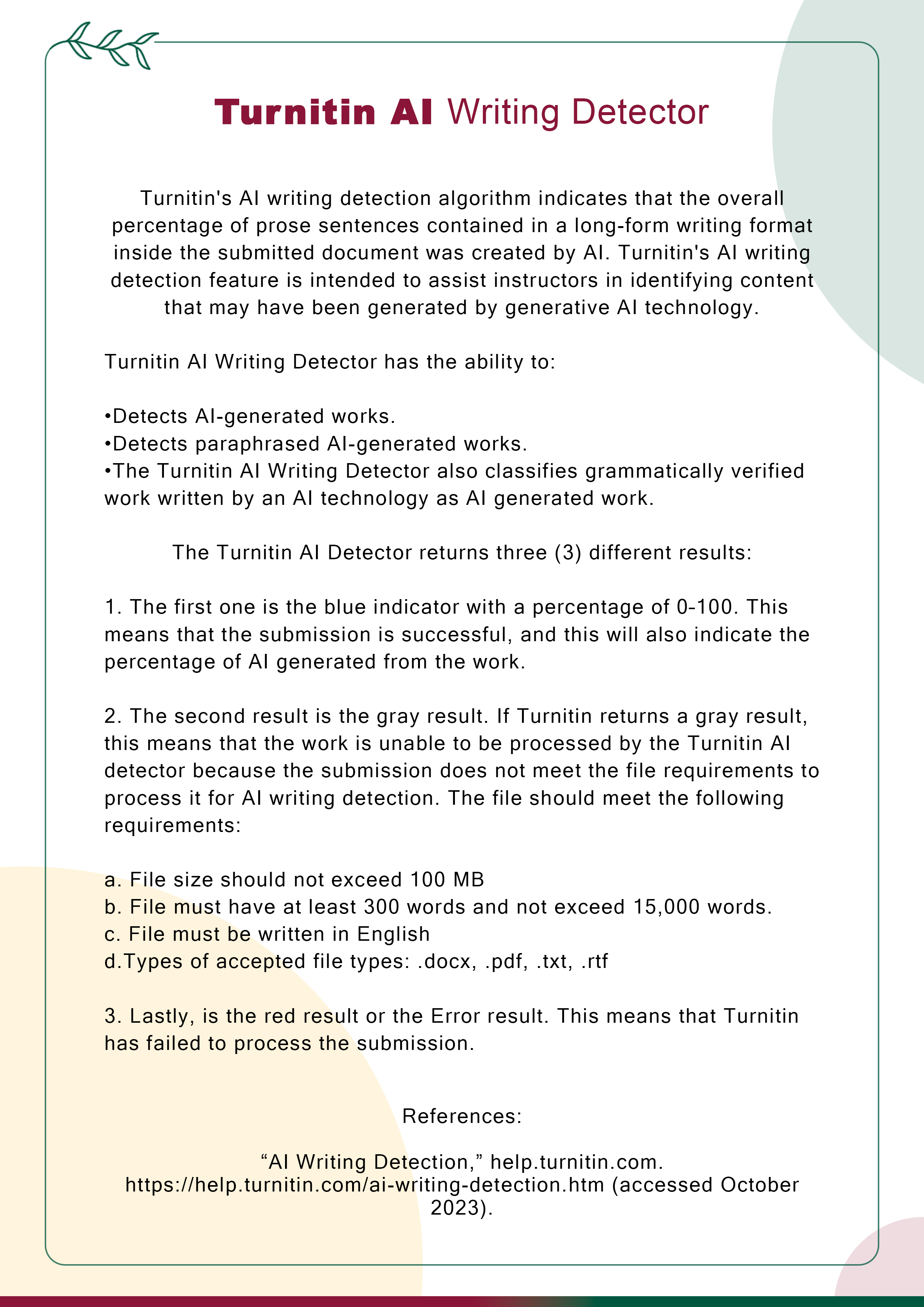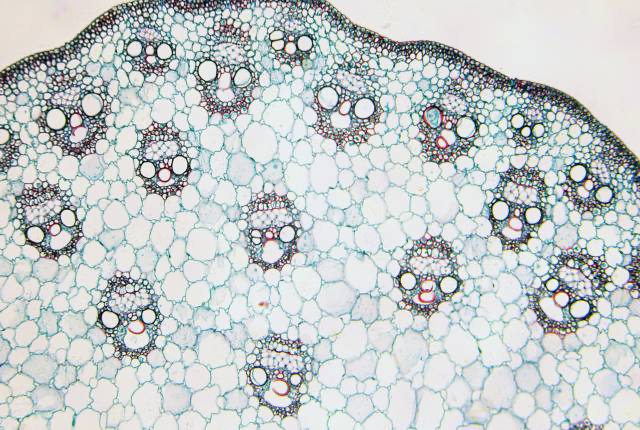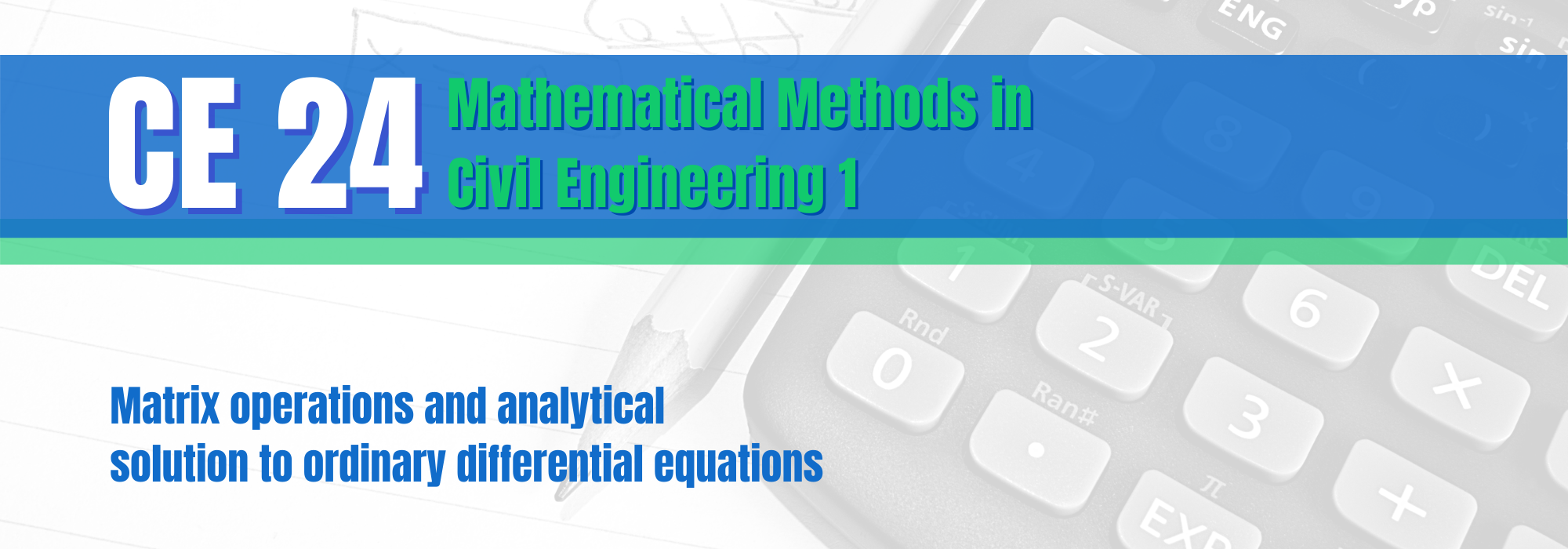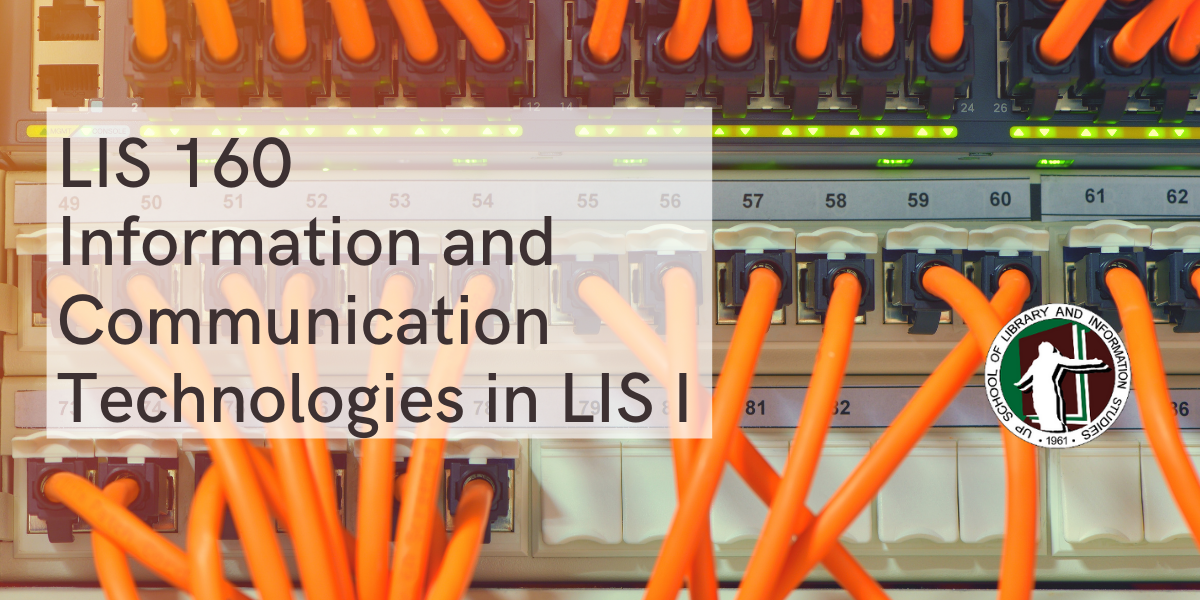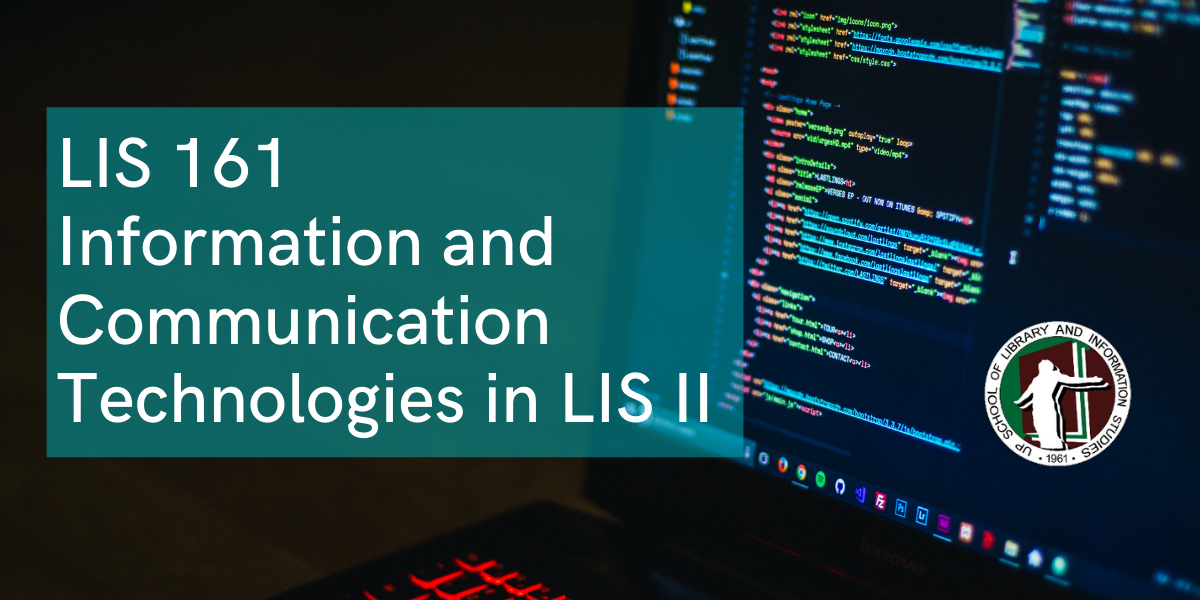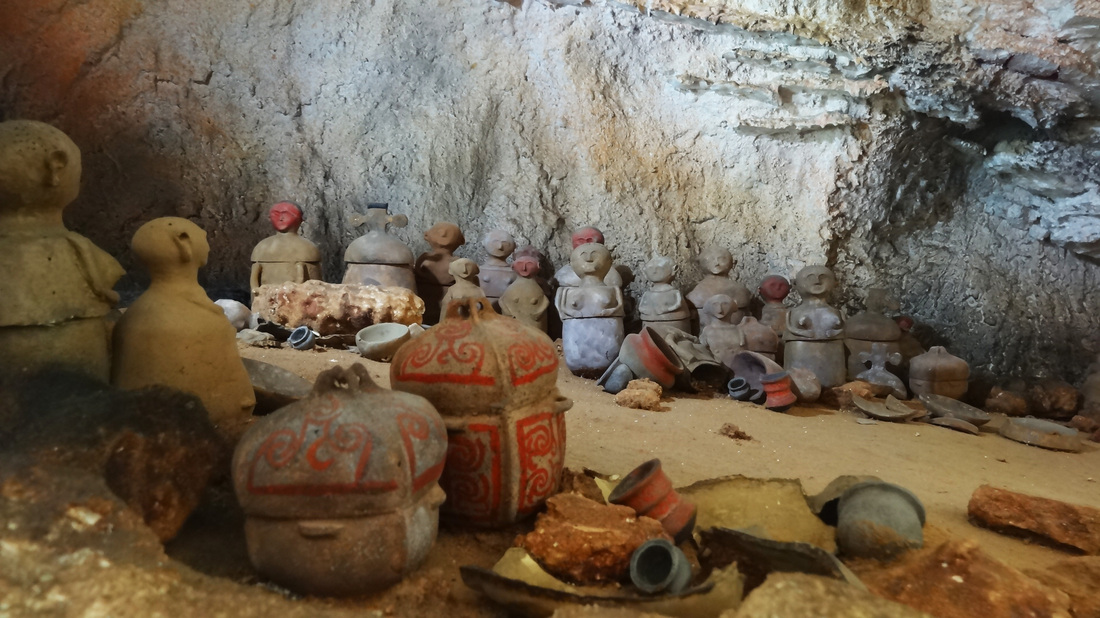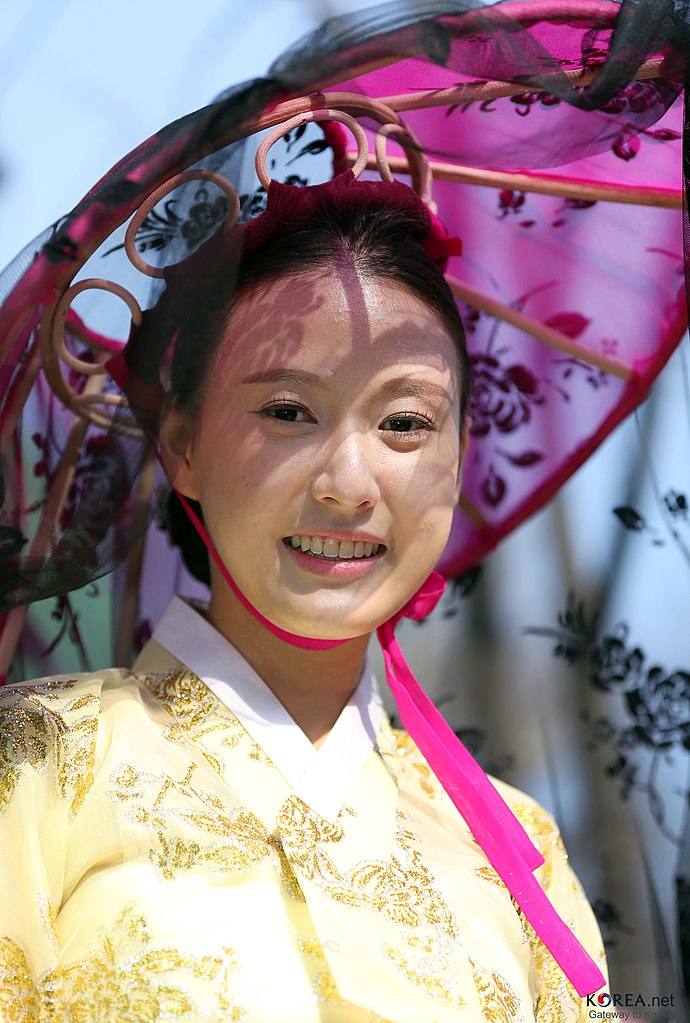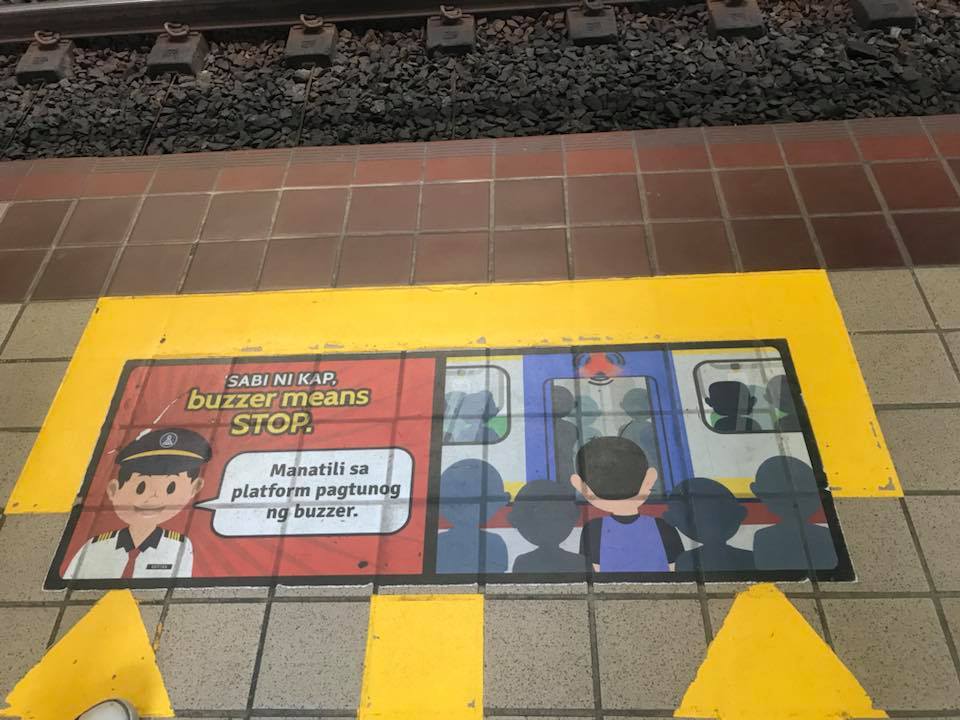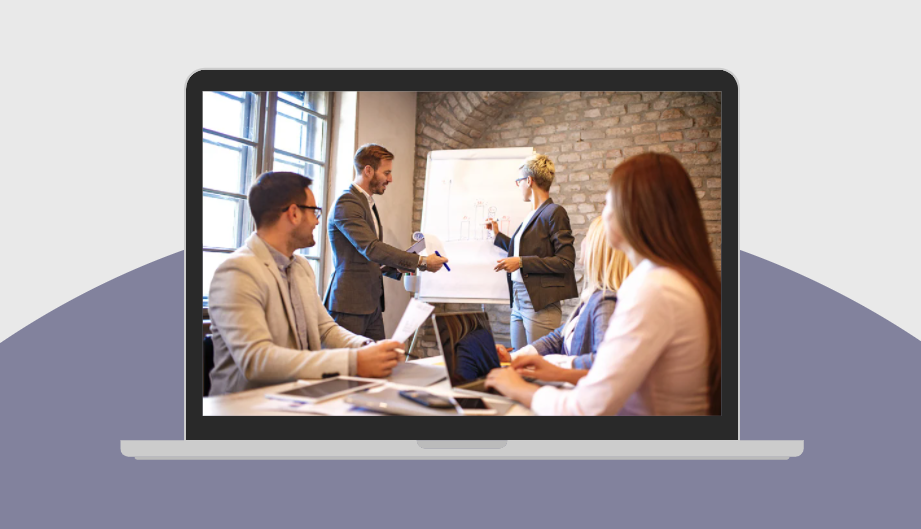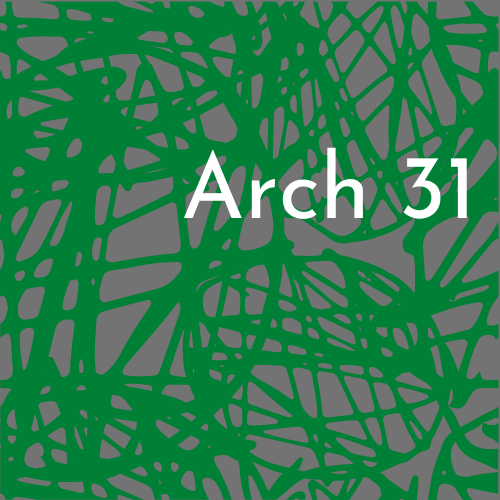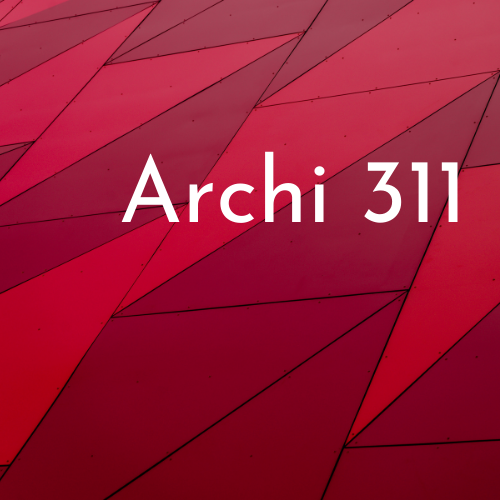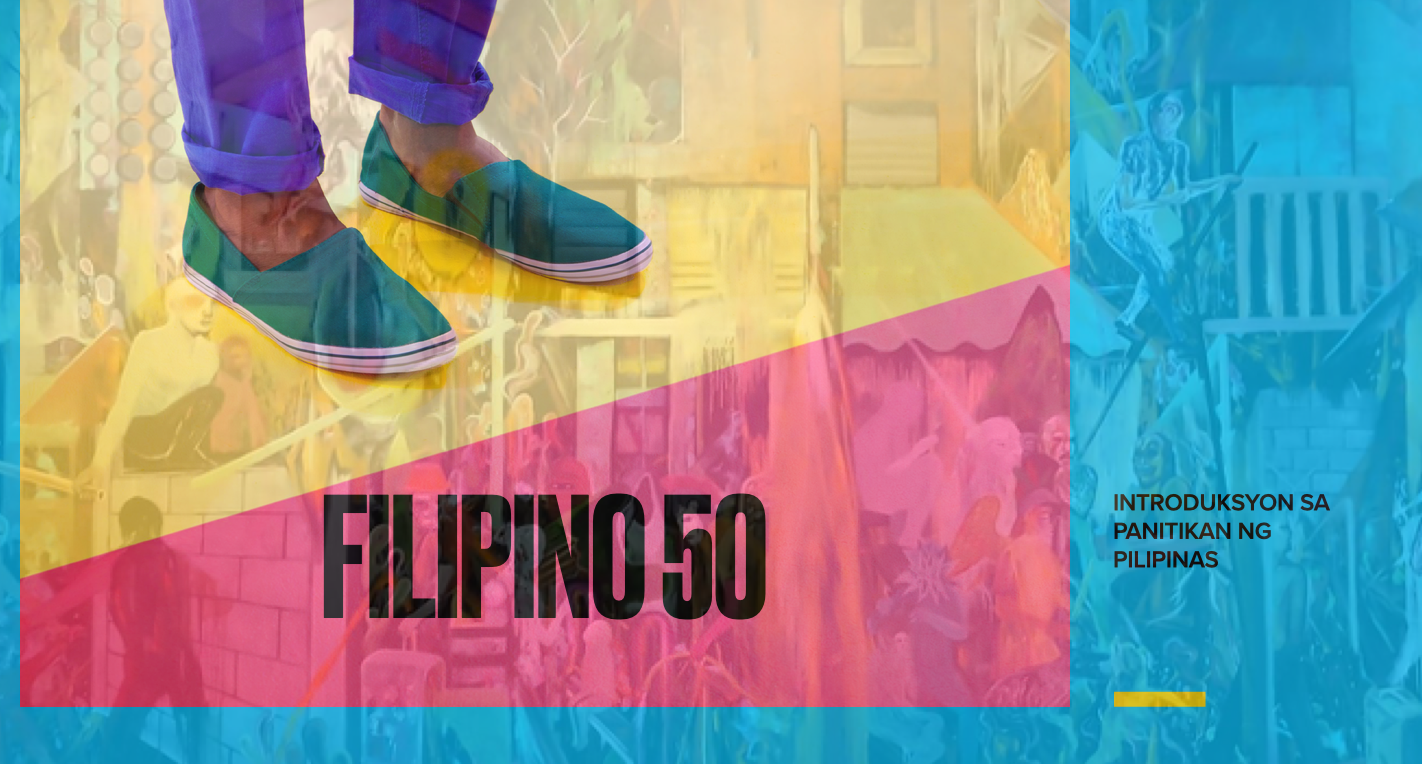Dear UVLe users,
We regret to inform you that the University Virtual Learning Environment (UVLe) experienced an unexpected outage on 4 March 2024, starting at 4:00 pm. Service was restored on 5 March 2024, at 5:45 am. Unfortunately, two of the three database replicates got corrupted due to improper shutdowns resulting from errors, with incidents occurring on 1 March and the most recent one on 4 March. Consequently, some data, including quizzes, assignment submissions, and edits, has become irrecoverable despite multiple recovery attempts by the UVLe Team.We have loaded a backup from 1 March 2024, at 2:00 am, to ensure UVLe is operational at the earliest possible time. Additionally, we are taking additional measures to prevent such interruptions in the future, including increasing our monitoring and alarm systems. For now, we have also created backups of the corrupted database to see if there are other ways to recover the data.
We will do our utmost to restore the data but we cannot guarantee that all the data will be intact. This is due to the nature of the corruption and the data that we can restore is limited to what was not influenced.
We sincerely apologize as we understand that the whole UP community was affected by this. We were unable to foresee this potential failure in the system. We will continue trying to recover the data to understand as well how we will recover the data faster, regardless if the data is still relevant due to the potential actions that you might take.
For any inquiries or clarifications, please contact us at ilcdhelpdesk.upd@up.edu.ph. We apologize for any inconvenience caused and assure you that we are committed to preventing similar occurrences in the future.
Thank you for your continuous support.
